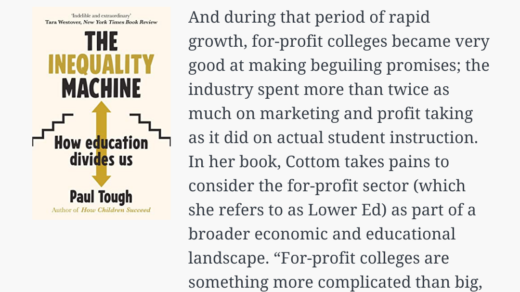Show two groups of people a blurry image of a fire hydrant, blurry enough for them not to recognize what it is. For one group, increase the resolution slowly, in ten steps. For the second, do it faster, in five steps. Stop at a point where both groups have been presented an identical image and ask each of them to identify what they see. The members of the group that saw fewer intermediate steps are likely to recognize the hydrant much faster. Moral? The more information you give someone, the more hypotheses they will formulate along the way, and the worse off they will be. They see more random noise and mistake it for information. The problem is that our ideas are sticky: once we produce a theory, we are not likely to change our minds—so those who delay developing their theories are better off. When you develop your opinions on the basis of weak evidence, you will have difficulty interpreting subsequent information that contradicts these opinions, even if this new information is obviously more accurate.
The perils of making judgements. Decide on something too quickly, and you run the risk of being wrong. Absorb new evidence like a sponge, and you might seem indecisive and tentative.
I still find myself floating from ideas to ideas. There is also a very thin line separating someone from being principled or just plain obstinate. And I also wonder whether I should stick to my opinion when contrasting viewpoints arise, as I tend to accept whatever the other person is saying too often.
As we grow, these are the quandaries that we find ourselves in. As a general rule, more often than not, I found that accepting new viewpoints and evidence tend to be for the better, not least because the other party will also like you more.
Ultimately, I believe that it is key to understand what are your motivations, rational or irrational, behind your original view point. Understand that, and I think we’ll learn a lot more about ourselves and can make better, more informed judgements from there.



